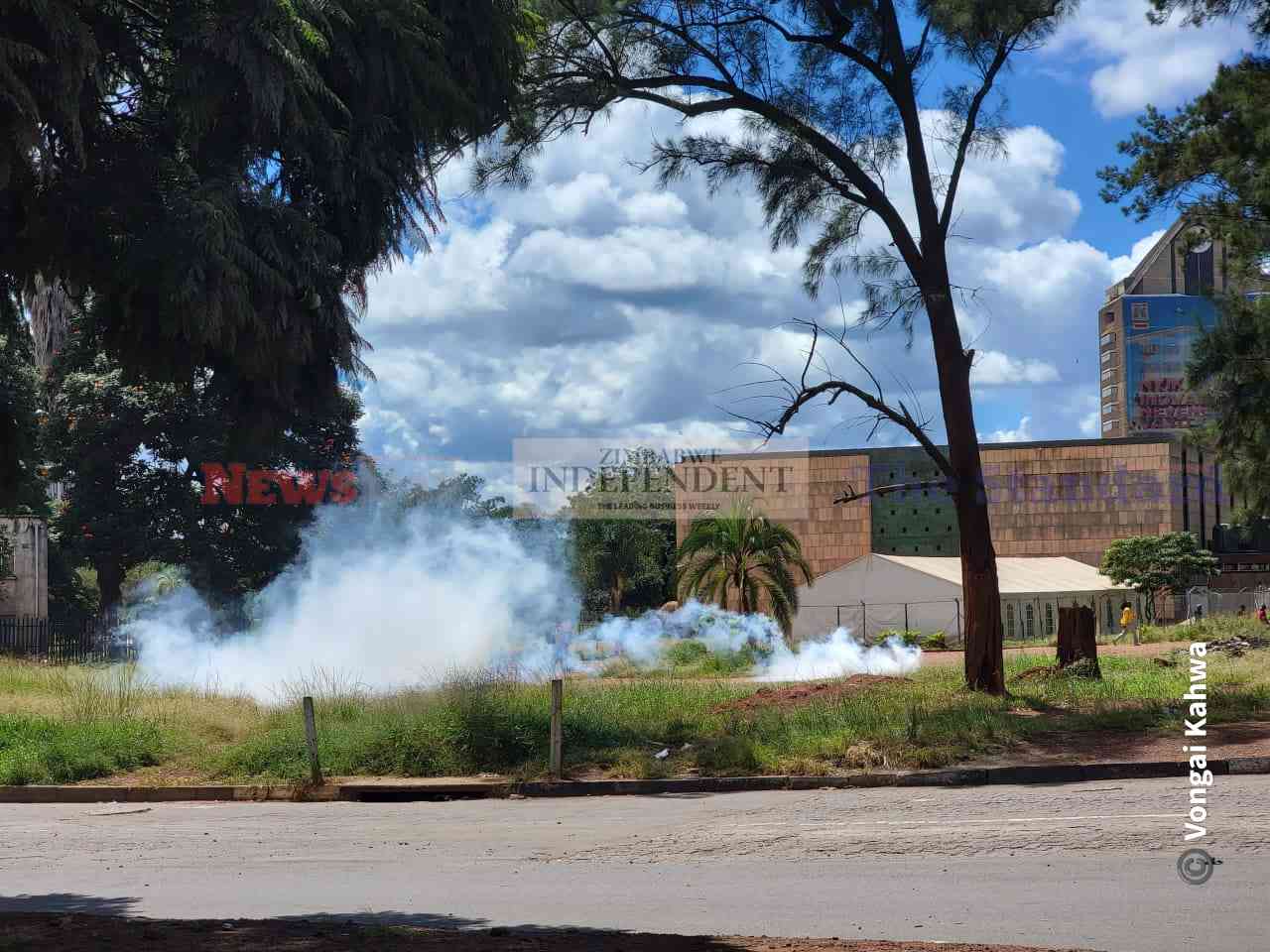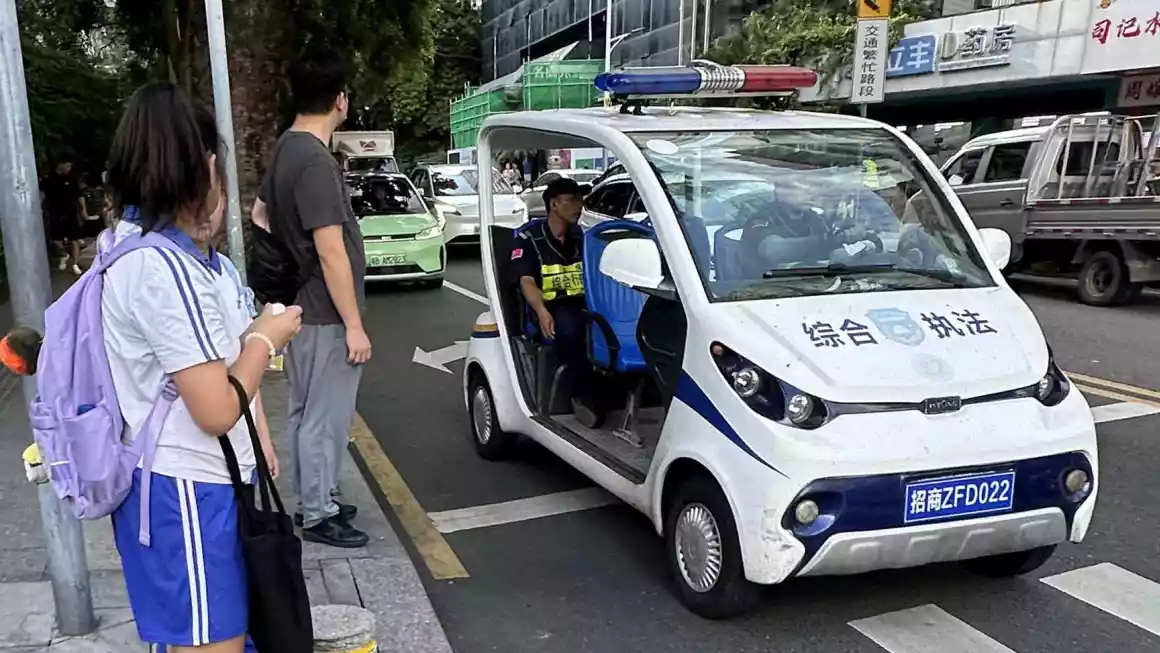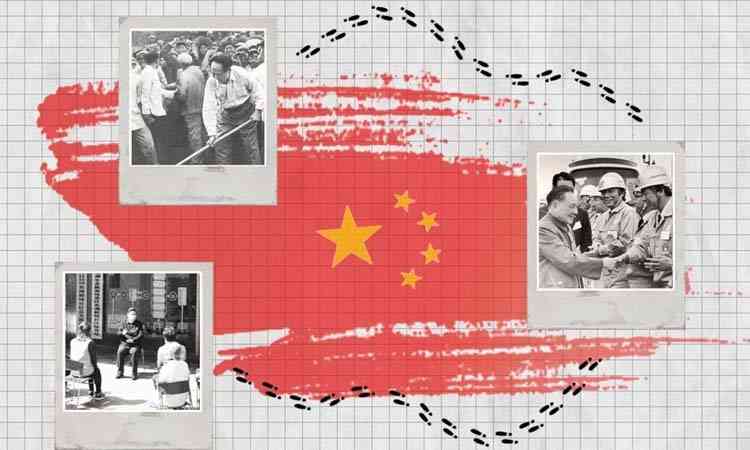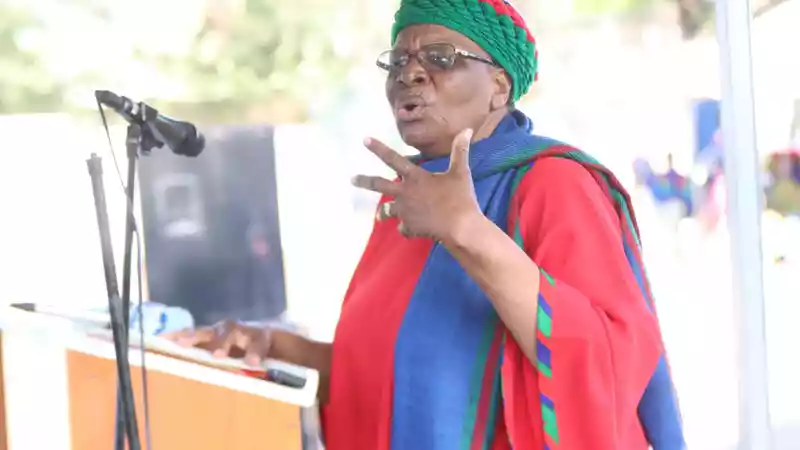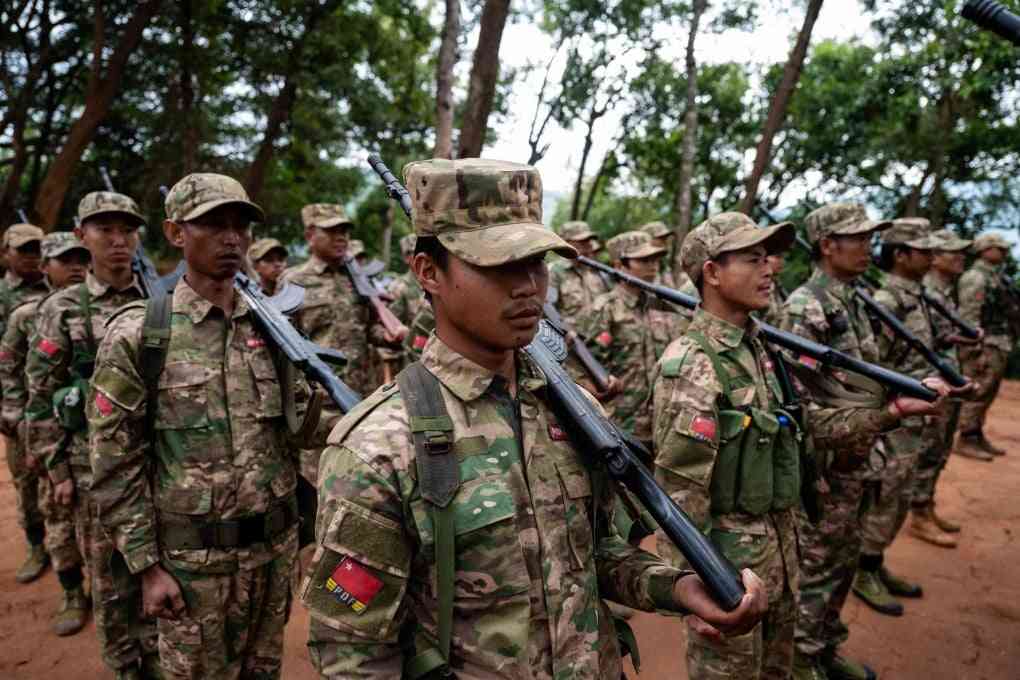
China has left no stone unturned in backing the military regime in Myanmar as the latter has helped Beijing through thick and thin in getting its resources at cheap prices, while supporting it in consolidating its strategy in the region through the contentious Belt and Road Initiative.
However, since Myanmar military’s control across length and breadth of the Southeast Asian nation has started waning with rebels capturing and installing their administrations in many provinces, China has started feeling nervous. Several rebel groups in Myanmar subscribe to democratic principles and consider the country’s military and China as key culprits of the Southeast Asian nation’s present crisis.
Recently, the Ta’ang National Army (TNLA) has joined hands with the Myanmar National Democratic Alliance Army (MNDAA), the Arakan Army and the People’s Defence Forces (PDF) that control a large swath of Myanmar’s territory, in aligning with the National Unity Government (NUG), which was established by a coalition of ousted democratically elected parliamentarians of the Southeast Asian nation after the February 2021 military there, said Asia Times in its recent report.
These armed ethnic groups’ alignment with the NUG is considered as major development in Myanmar as it has taken place at the time when the once unassailable military junta of the country appears to be on the brink of collapse.
Facing the heat from rebels, the junta has lost key areas and border trading towns in recent months. In fact, depleting resources have impacted the junta’s fighting capabilities. In battle against rebels, entire units of the Myanmar military have chosen to either surrender or flee in many places. Its humiliating defeat at the hands of rebels continues.
After losing control of territory in northern Shan State nearing China’s border to rebels last year, the Myanmar military earlier this year witnessed defeat at the hands of the Arakan Army in northern and central Rakhine State, losing control of areas near the Bangladesh border and the Indian Ocean.
In April, the Karen National Liberation Army forced hundreds of the Myanmar military troops, who were guarding Myawaddy town, to surrender before them. Most of the Southeast Asian nation’s overland trade with Thailand passes through Myawaddy, BBC said.
According to The Irrawaddy, a news portal which is run by Burmese exiles in Thailand, the two ethnic armies—the TNLA and the MNDAA have alone sized more than a dozen towns, mostly in northern Shan State, since launching a major offensive against the junta in October last year.
- The brains behind Matavire’s immortalisation
- Red Cross work remembered
- All set for inaugural job fair
- Community trailblazers: Dr Guramatunhu: A hard-driving achiever yearning for better Zim
Keep Reading
Even key institutions of the Myanmar military in Naypyidaw (Myanmar’s capital city) and PyinOo Lewin could not be secured from rebels’ attack. Military’s important academy, the Defence Services Academy (DSA) in PyinOo Lewin Township was attacked by the People’s Defence Force (PDF) with rockets in April this year. On April 4, the PDF carried out a coordinated attack through drones, targeting the military command headquarters and Aye Lar Air Base in Naypyidaw, the junta’s stronghold.
It should be recalled that China has been a major supplier of arms and ammunition to the Southeast Asian country’s military. After facing setbacks in the northern Shan State, the Mandalay Region, and the Rakhine State, the junta, as per The Irrawaddy, sent its senior ranking defence officials to China to discuss immediate shipment of required military hardware and ammunition.
In July, the junta sent Soe Win, the military regime’s deputy leader to attend the Green Development Forum of the Shanghai Cooperation Organization. However, it is believed that the key reason for his visit was to “take care of more military matters like arranging arms purchases and shipments,” from China, The Irrawaddy said.
Although some international media outlets said that China immediately sent the first tranche of the military hardware to Myanmar, it has not been confirmed officially so far, said The Irrawaddy.
Unwavering in its support to the junta, China has consistently blocked any punitive action at the United Nations Security Council against the Myanmar military since the February 1, 2021, coup d’etat. After the military coup, it became easier for the junta to facilitate China in launching new investments and resume projects that were paused during democratic government-led by Aung San Suu Kyi.
Radio Free Asia quoting the junta-backed Investment and Companies Directorate, said that China invested more than US $113 million between the coup in February 2021 and February 2023 in Myanmar. China has invested in mines, oil and gas pipelines, infrastructure, ports and electricity projects totalling $22 billion in the Southeast Asian country. This has, however, given rise to dissatisfaction among people.
In fact, the more China invests, the more people resent them because they are seen as Beijing’s tools to strengthen its vice grip on Myanmar which shares a 2200-km-long border with the East Asian nation. People feel that Chinese companies prioritise their own benefits while neglecting the interest of the locals in the Southeast Asian country.
Amid this, rebel group the TNLA has joined hands with the MNDAA, the Arakan Army and the PDF. And all of them have aligned with the National Unity Government, challenging the power and influence of the Myanmar military.
This has set alarm bells ringing in China which rushed its Foreign Minister Wang Yi to Myanmar on August 14 to talk to senior junta authorities and stabilise the situation in the country. According to Myanmar state television MRTV, Wang Yi met Min Aung Hlaing, head of ruling Military Council of Myanmar and assured him China’s help in bringing stability and peace in the country.
On August 30, China’s new ambassador to Myanmar, Ma Jia met ruling junta’s defence minister General Tin Aung San in Naypyitaw to discuss border security and joint military training, MRTV said. It is said that during the meeting, China’s ambassador, Ma Jia reiterated her country’s commitment for military cooperation to Myanmar. Both Chinese Foreign Minister Wang Yi and Chinese ambassador Ma Jia in their meetings with the junta authorities also offered Beijing’s help in conducting elections in the country next year.
Myanmar’s ruling junta, which is on the backfoot, wants to conduct an election by making all rebel groups participate in it. But the NUJ and all major rebel groups, including the PDF have rejected this offer, saying under the junta’s regime there will be no free and fair elections.
This has triggered nervousness in China as it fears that rebels, motivated by snatching one after another victories in battle against the Myanmar military, may summarily defeat the junta and take control of the Southeast Asian nation.

